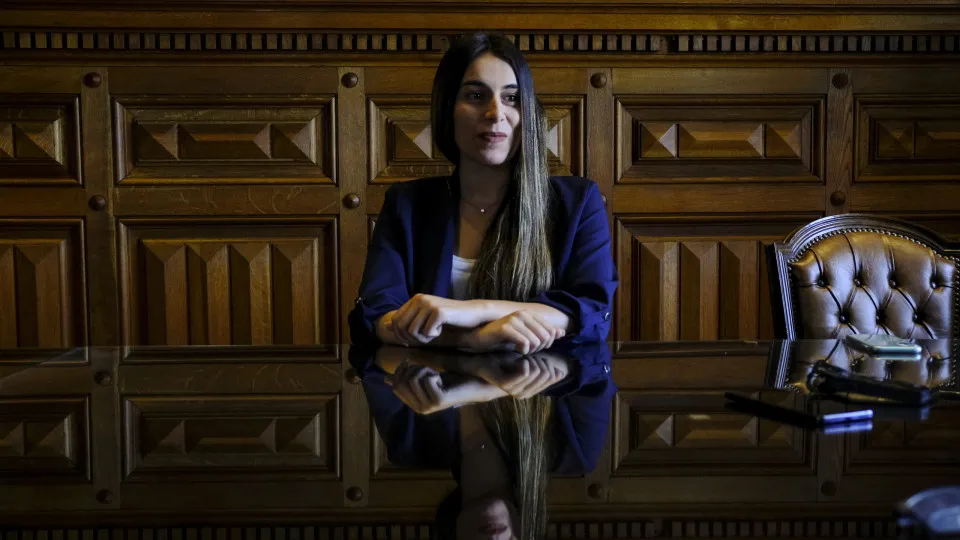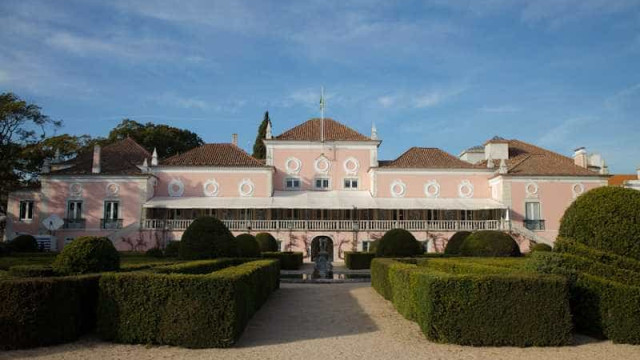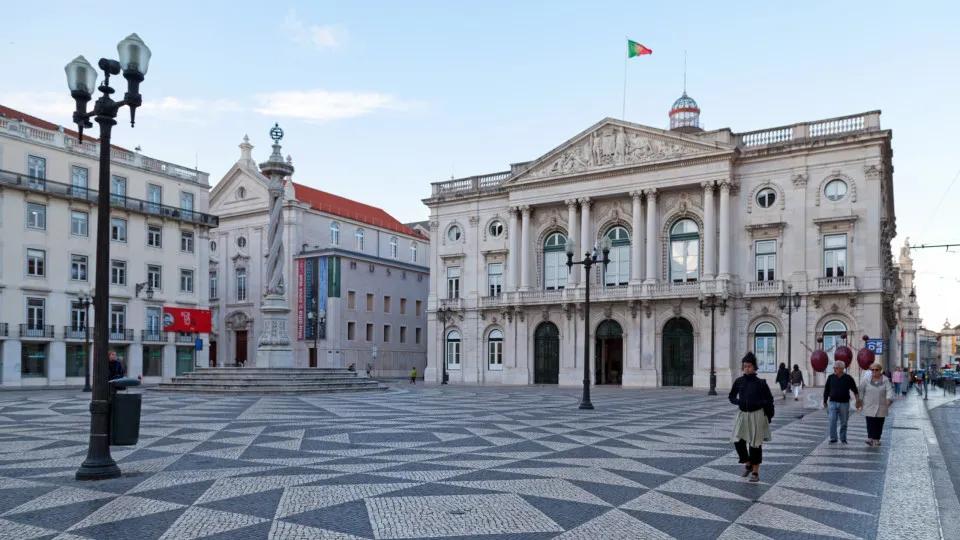
The Chega party’s candidate for the Sintra City Council, located in the Lisbon district, has proposed a decentralized presidency with the goal of enhancing proximity to citizens. “I have not seen any [party] make a proposal like ours, which is to have a decentralized presidency. We want to be in a different parish every week to get closer to the citizen,” she stated.
During an election campaign in Belas, the candidate, who also serves as a deputy, highlighted that a common issue among the electorate was a sense of disconnection from the municipal authorities.
“I believe this mechanism can be an interesting model, not only for Chega here in Sintra but even at a national level for other local governments,” she assessed.
To achieve this decentralization, Rita Matias plans to engage with parish presidents to ensure a presence in the community “two or three days” per week and to decentralize municipal assemblies, emphasizing that these are the times when “ordinary citizens” address “the executive power.”
“There are topics we become more aware of the more present we are in a particular place. Often, a quick visit doesn’t allow for in-depth understanding,” she argued.
Through direct engagement, like her recent visit to Belas where locals approached her with their concerns, Matias has identified a range of challenges in a “very large” municipality.
Her campaign slogan, “Putting Sintra on Track,” involves restoring “some organization across the territory,” particularly in mobility, waste management, and security, while also organizing municipal responses.
“Currently, when people think of the City Council in Sintra, they think of bureaucracy, complexity, difficulty, and we want to make the mechanisms more suitable for the citizen,” she stated, suggesting the usage of artificial intelligence could be part of the solution.
On the topic of polls predicting a three-way tie between her and her rivals Ana Mendes Godinho (PS/Livre) and Marco Almeida (PSD/IL/PAN), Matias minimized their significance, noting that “polls don’t typically reflect Chega’s true performance at the polls.”
“We know there is still a hidden vote from people who don’t disclose their preferences over the phone or in person,” she remarked.
“Many people said Chega had no local presence, that what happened in the legislative elections was a fluke. Polls and the streets suggest otherwise, so we are very confident in victory,” she declared.
Confident that the party will have “a presence throughout the territory,” Matias expressed that she has observed “a lot of support” from voters and feels “a great responsibility,” as people view Chega as a party capable of solving all their problems.
“In a four-year term, even the most committed mayor will struggle to solve structural problems that are the result of decades of neglect. So, we approach this with great responsibility but also with a lot of hope because we believe there’s something in the air indicating change, that Chega will be decisive,” she added.
Matias promised that “in any victory scenario, regardless of whether it leads the executive,” she will “serve the people of Sintra.”
The current council, led by Basílio Horta, who has completed three terms and cannot run again, comprises five members from PS, three from PSD, one from CDS-PP, one from CDU, and one independent (formerly Chega).
Other candidates in the October 12 Sintra municipal election include Pedro Ventura (CDU, PCP/PEV coalition), Maurício Rodrigues (CDS-PP/PPM/ADN), Tânia Russo (BE), and Júlio Gourgel Ferreira (ND).




